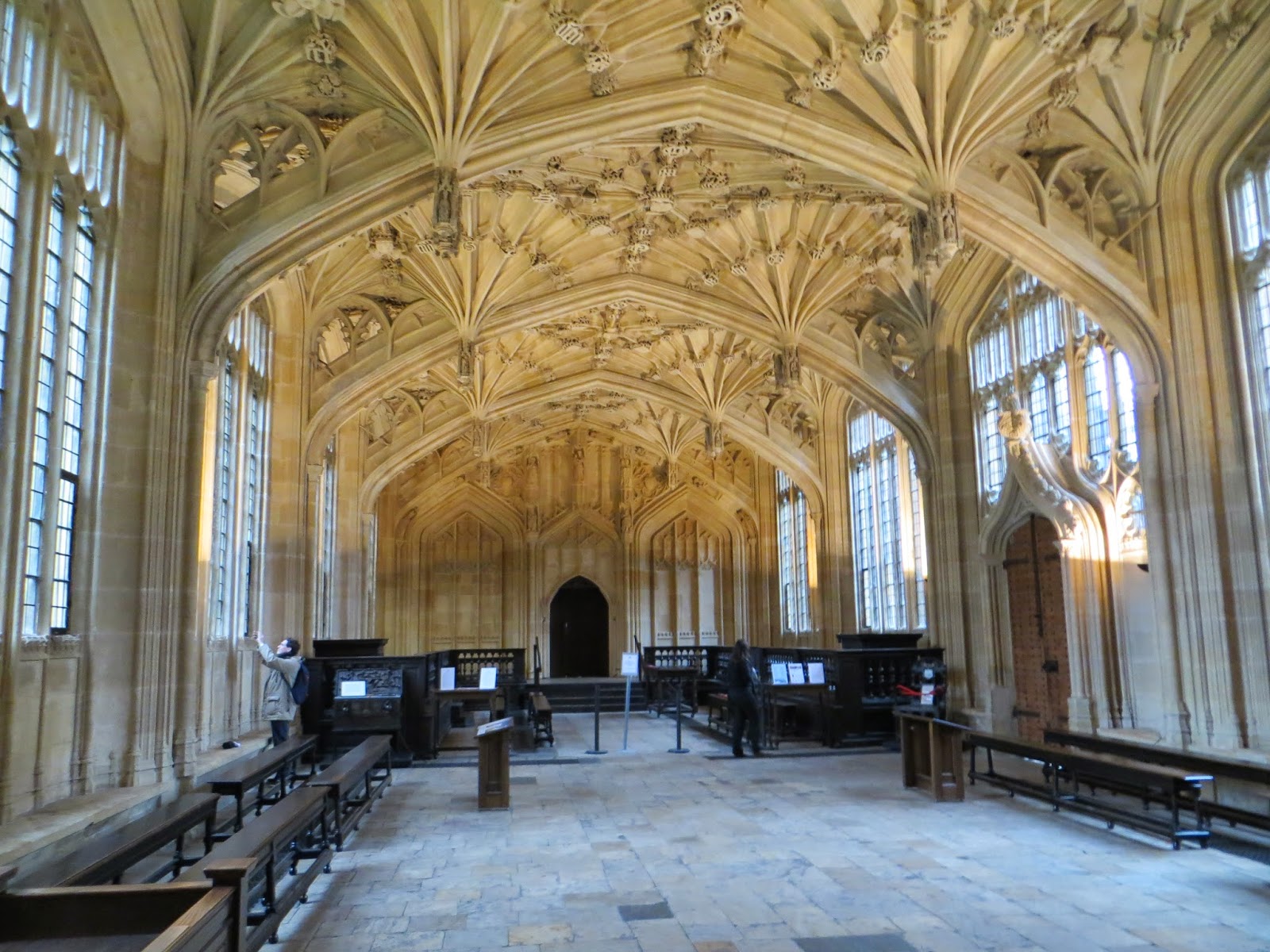The Gospel and the Importance of Theology
 |
| Divinity School, Oxford |
I hear too regularly that the Christian faith isn't about theology -- or something to that effect. For liberals and even some moderates, in our desire to break free from a narrow dogmatism, we can throw off too much of those beliefs and practices that have proven central to the faith. In the age of Christendom, which has now largely dissipated, culture reinforced religion. As Christendom has disintegrated those elements of society that propped churches and religious life are now absent. So, when I hear fellow clergy say that its about community and not theology that defines our lives, I'm left wondering what the difference is between the church and the PTA or Kiwanis or simply a coffee klatch.
In recent years I have found Canadian theologian Douglas John Hall to be thoughtful and provocative in his writings. In his relatively recent book, Waiting for the Gospel, Hall lift s up the importance of theology. Christianity if it is to continue existing in those post-Christendom age requires of us a certain amount of reflection and thinking. It is not a matter of narrow dogmatism, but deep and concise thinking about the faith that has been passed on to us.
Hall writes presciently (remember he's living in Quebec, where the decay of Christendom is much further along than in the USA):
But after three or four generations, a faith that has claimed the loyalty of one’s progenitors but has lacked any careful and consistent intellectual nurturing will gradually fade. Sentiment and custom will not prevent its disintegration, and since it no longer offers such fringe benefits as social acceptance or the aura of respectability, active membership in the cultus lacks both incentives and rewards. [Douglas John, Hall, Waiting for Gospel: An Appeal to the Dispirited Remnants of Protestant Establishment, p. 23.
In this context, theology becomes increasingly important:
In short, Gospel needs theology; and where it is truly gospel and not just spiritual sound-and-fury gospel will evoke theology. It was fashionable during the Liberal period to minimize the importance of the epistles of St. Paul, or even to dismiss them. But without Paul’s theological acumen, which is reflected as well in the gospels, the early Christian movement would have split into millions of mutually exclusive and quarreling cults, and we should never have heard of the Christian religion. The fundamental claims of the Christian message by their very nature, including their boldness and universality, require the most intensive, committed and sustained thinking that human beings can manage. This thinking is not something added to the hearing of gospel; it is inherent in that hearing—to the extent that where such thinking is not evoked by what is named gospel, it must be questioned whether the thing so named is what it claims to be. [Hall, Waiting for Gospel: An Appeal to the Dispirited Remnants of Protestant Establishment, p. 27].
If we are to call ourselves Christians and consider God to be a part of our lives, then this will require clear and thoughtful thinking about God and the things of God. Hall notes that prior to the 4th century, when theology became more clearly the domain of the elite, Christians engaged in a lot of God-talk. After Constantine, we left it to the experts. While at one level theology requires significant training and expertise, at another level it can be and should be something engaged in by all of God's people, otherwise we simply become another group therapy session.
Though we needn't be dogmatic, and doubt is part of the theological process, we needn't be afraid to embrace the gospel with its theological dimensions. The key is holding our beliefs with a dose of an "absolute perhaps." That is a phrase I learned from another colleague, who with me recognized the importance of theology. Can we not engage in conversation with the "absolute perhaps" standing at the center of the conversation?
Comments